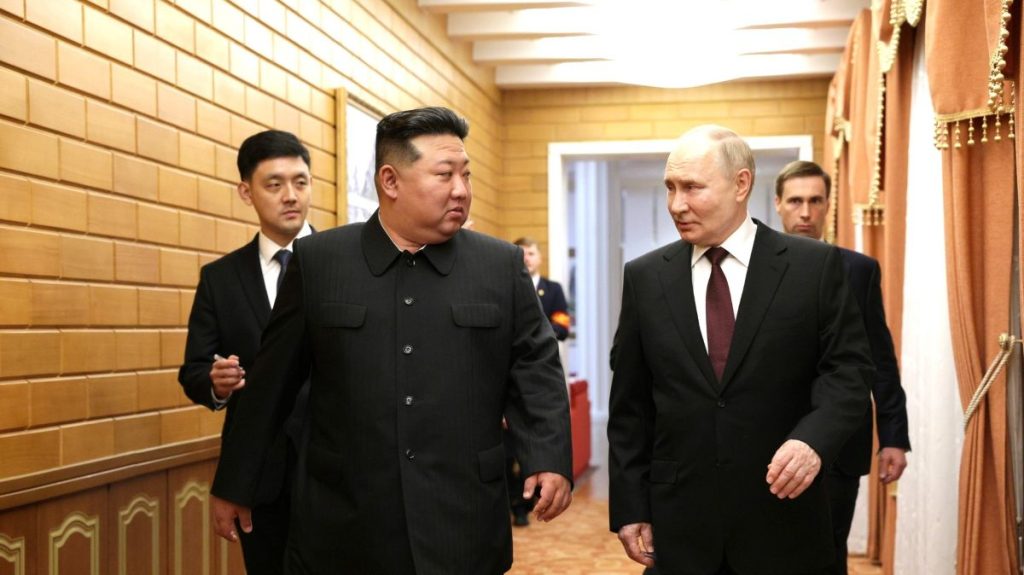Former ICC president says North Korea’s military support for Moscow opens legal path to prosecution.
Others are reading now
As the war in Ukraine drags on, international legal experts are signaling a potential turning point in global accountability.
With North Korea now openly backing Russia militarily, calls are growing to pursue war crimes charges not only against Kremlin leaders — but also their allies abroad.
Ukraine could soon move to bring North Korea’s Kim Jong Un before the International Criminal Court (ICC), according to Song Sang-hyun, the court’s former president.
Legal Grounds for Prosecution
Speaking at an international law conference in Seoul, Song said Ukraine has both legal standing and a unique opportunity to initiate a case.
Also read
It is the right time to bring Kim Jong Un before the ICC.
He noted that while Ukraine would ideally file the complaint directly, the ICC also has the power to open an investigation independently.
North Korea, which has long faced human rights allegations, has never faced formal ICC charges — but Song argued the war in Ukraine changes that.
In late April, Pyongyang confirmed it had deployed troops to fight alongside Russian forces in the Kursk region — the first such admission since the invasion began.
Reports indicate around 11,000 North Korean troops arrived last fall, with another 3,000 deployed earlier this year.
Military Aid and Battlefield Casualties
Ukraine claims more than a third of the North Korean soldiers have already been killed or wounded.
Kim Jong Un’s government has also reportedly supplied artillery shells, ballistic missiles, and logistical support to Russian forces.
Song emphasized that North Korea’s military contributions could meet the ICC’s threshold for aiding and abetting war crimes.
There is an opportunity for the Ukrainian authorities, as a victim, to file a complaint against North Korea with the ICC.
As reported by Digi24, pressure is mounting on the international community to act — and Kyiv may now be weighing a legal strategy that extends far beyond Russia’s borders.


